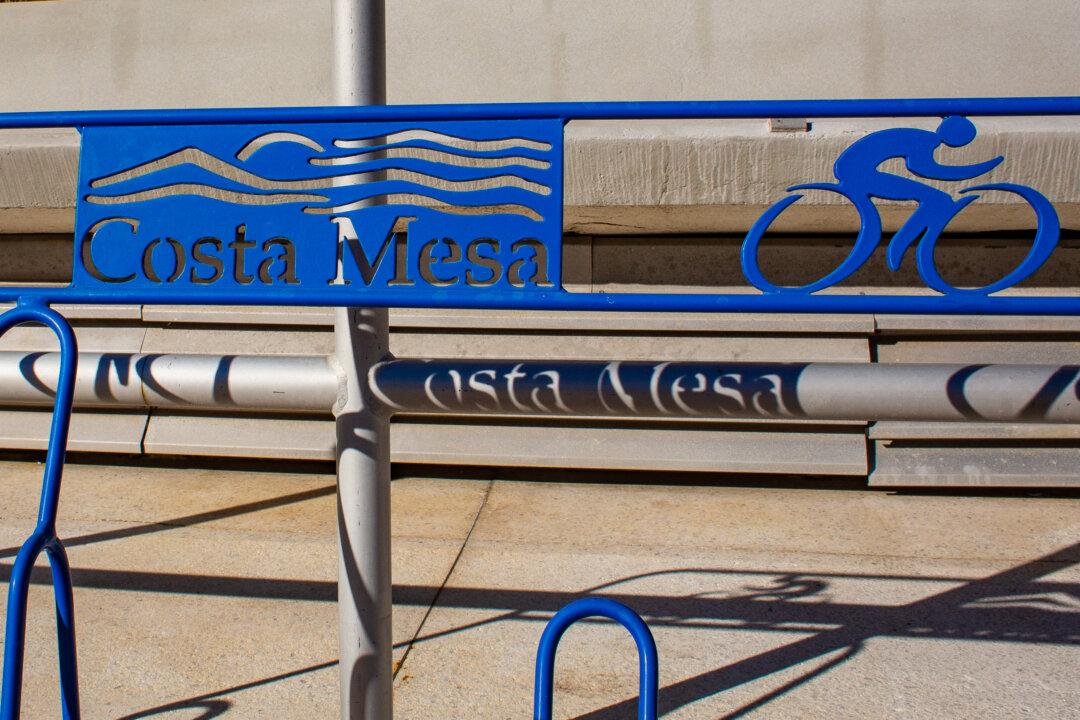Commentary
The difficulty of making decisions as an elected official is the tension between one side versus another. There can be righteous positions on either side. One solution may be good and obvious but may also be to the detriment of others. Some win, while others lose.





